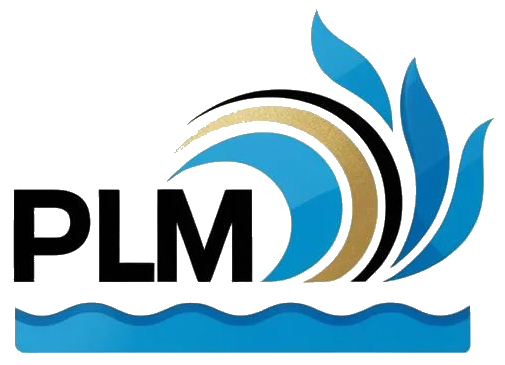You’ve just had the pool or spa of your dreams installed. Now, what? Fill it out and enjoy, right? Well, sort of, but it’s not quite that simple. Keeping the water quality in your pool or spa just right so that it is safe for you to enjoy takes a little work and chemistry. Following the Bloomfield Hills swimming pool expert’s recommendations, you can keep your new pool healthy and safe for everyone.
Pool Contaminants
One of the first things you need to understand about water quality is what kind of contaminants might cause changes to the chemical balance of the water in your pool or spa. The most significant contaminant of pools and spas is people. The oils on your skin, lotions, or perfumes you might wear rinse off your body and into the water in your pool. Other contaminants include your pets, wildlife and leaves, and other plant material from your yard. Of course, it defeats the purpose of keeping people out of your pool or spa, but to keep other types of contaminants out of the water, make sure you cover your pool or spa when it is not in use, and try to keep your furry family members from taking a swim.
The Components of Good Water Quality
There are five components of water quality that you should monitor in your pool or spa. These are:
- pH – pH is the measure of alkalinity or acidity of the water. Try and keep the pH at 7.0 to 7.6. This level will ensure that you and anyone else that uses your pool or spa do not get a rash or irritated skin.
- Total Alkalinity measures the alkaline chemicals in your pool or spa. We often use alkaline chemicals to adjust hardness, pH or to disinfect our pool. Ensure your alkalinity is as low as possible to avoid skin irritation. And remember, adjusting your alkalinity can impact your pH so make adjustments in small increments.
- Calcium Hardness – Calcium hardness measures how much calcium is dissolved in water. Too little calcium can deteriorate pool coatings, and too much calcium can leave scum on your pool and pool equipment.
- Disinfectant Level – The disinfectant is the chemical you use to limit bacterial and algae growth in your pool. Most often, the chemical used is chlorine. Correcting the disinfectant level will help avoid bacterial infections and algae growth in your pool.
- Filtration Cycles – Filtration cycles can significantly impact your water quality and how many chemicals you need to add to keep your pool water balanced. Set your filtration cycles to optimize the chemicals you use to get the best water quality.
Hints for Monitoring Water Quality
Bloomfield Hills swimming pool contractor says the best way to ensure is to check your water quality before the first person hits the pool or spa. Monitor these daily: the pH, alkalinity, hardness, and disinfectant levels. You can purchase test kits from swimming pool supply companies to do this. They are quick and straightforward to use and will give you a great picture of the health of your pool or spa. If a water quality component is not where it should be, slowly add the correct chemicals to adjust. And only add chemicals to the water; never add water to your chemicals.
Looking for a Swimming Pool Contractor that Services Bloomfield Hills, MI?
You added a pool or spa to your home for years of enjoyment. The first step to having a pool or spa that stands the test is having a good routine for monitoring and adjusting water quality. Taking the time to ensure that your water quality is good will increase the life of your pool or spa and make it a safe and enjoyable space to spend your summer days.
Are you seeking a swimming pool contractor that services Bloomfield Hills, MI? We can answer any questions you have about your pool or spa. Contact Profitable Landscape MarketingPool & Spa by calling 248-525-1700.

